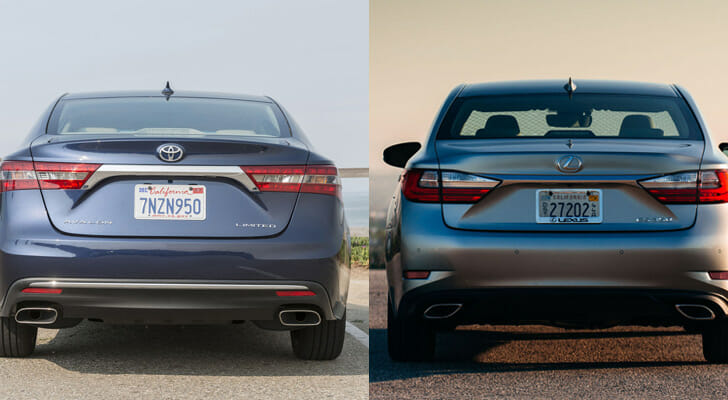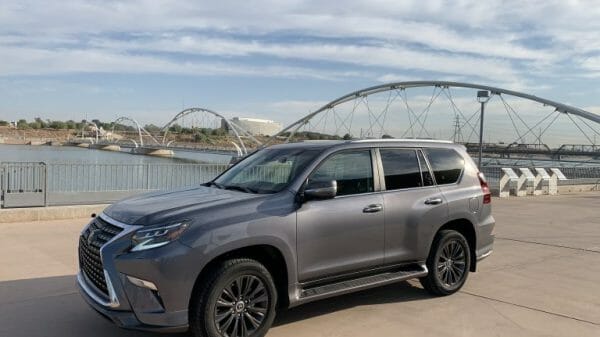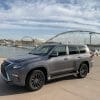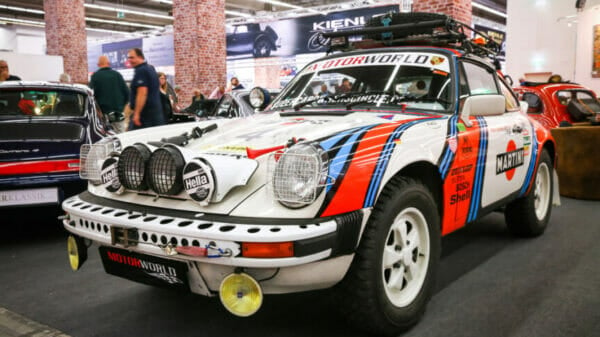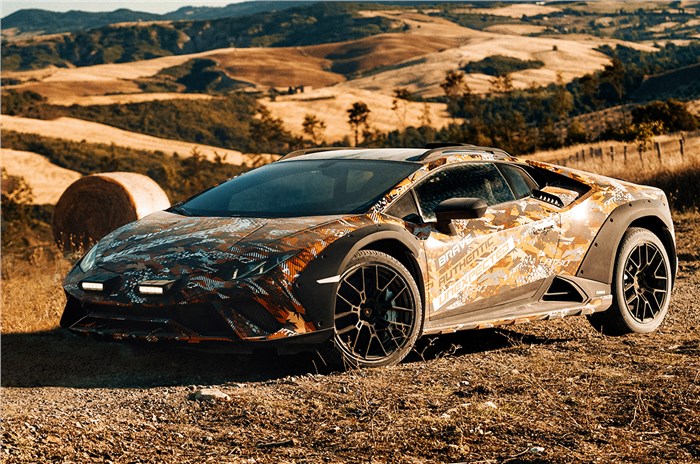Everyone knows what a luxury car is, even when the term “luxury car” is a bit hard to define. It gets even more difficult with platform sharing, due to the complexities of modern industrial production and demands of cost cutting. Most luxury vehicles are built on the same chassis as a lesser, non-luxury model, which brings up the inevitable question of buying the luxury ride, or the same basic car under a non-luxury name and saving several thousand dollars. Is there truly a difference in a luxury nameplate, or is it all expensive smoke and mirrors? Let’s find out.
The Toyota Avalon is the flagship of the Toyota brand in North America. For the past two decades, the Avalon has delivered full-size comfort in typical Japanese reliability. While the first two generations were somewhat scorned as “Japanese Buicks,” the last two generations have received high praise, and usually rank best in class. The 2016 Avalon starts with a base MSRP of $32,285 in XLE trim, and tops out at $41,700 in Hybrid Limited trim, before options.
The Lexus Executive Sedan was the entry level Lexus until the arrival of the IS in 1999. Now the ES sits as the affordable cruiser/daily driver of the brand. While initially built on just the Camry chassis, the Lexus version switched to the Avalon in its fourth generation in order to gain the longer wheelbase and coveted rear legroom. Lexus calls this segment comfort luxury, and its target demographic seeks lots of interior options and a quiet ride. For the last 15 years, the ES has been the highest selling Lexus model in the United States, so they are doing something right. The ES350 starts right at $38,000, and the hybrid ES 300h at $40,920.
As you might expect, there are a lot of similarities and overlap between the two cars. Both are built on the Toyota K chassis, which is flexible enough to also include the Camry and Highlander. Both are front wheel drive, ride on a 111 inch wheelbase, and are only available with a 6-speed auto transmission. Power comes from a 3.5 liter direct injected 2GR-FE V6. Making 268 hp in either car, the V6 develops 248 lb/ft of torque, allowing the 3,571 lb cars to make identical 0 to 60 runs of 7.1 seconds. The suspension consists of cheap-but-capable MacPherson struts at all four corners. Neither car is performance oriented, but due to the current trend of sporting luxury, the Lexus is advertised as a more sporting version.
Similarities are easy, but the differences are harder to see. There is of course the exterior design, with each car wearing the respective company’s corporate face. The Avalon looks a little blander, while the ES has a touch of sporting. Inside, the instrument panels are exactly the same, but Lexus designers worked overtime to make their version different. The Lexus steering wheel looks better, and the driver is surrounded by leather and wood. The Avalon also has leather and wood accents, but the Toyota plastic is present as well. If you tear apart the options list, you will see some differences, such as the sound system. While both cars offer touch screen infotainment systems, the Avalon has a capable 9-speaker system, while the Lexus goes nuts with a 15-speaker, 835-watt Mark Levinson system that is claimed to rival home theater systems. Lexus also makes a detailed point about their incredible dealer experience. If you need something, you are covered. The Toyota website is noticeably absent when talking about dealer experiences or support.
While the base Avalon starts around five grand less than a base ES, you would think this price difference would disappear in the used market. Checking dealership aggregator site Mojo Motors, prices of 2 year old Avalons seem to run about $5,000 lower than the average price of a 2 year old ES. Looking at older vehicles, the price gap gets smaller, but it still holds up as a solid price difference between the Toyota and Lexus.
What’s happening there? It seems to be the prestige brand effect of having an “L” on the front, instead of a “T.” The Lexus, even used, is perceived as being higher quality or more luxurious, even when it is the same vehicle underneath. People are willing to pay more for a car, new or used, if they feel the value is there, even if it’s technically not there.
The Lexus website advertises a blurb from Kelly Blue Book: “The 2015 Lexus ES sedan holds an appeal to buyers who are looking for a long list of luxury features, coupled with bulletproof reliability.” The issue here is that this is comfort luxury, which both versions of the same car provide. With equally long options lists, and equal reliability, where is the incentive to not save a few grand and go with the Toyota?
Auto manufacturers that have prestige brands will continue to offer badge-engineered rides, as they are easy to manufacture and offer a lot of built-in profit. While there are many good reasons to buy a truly exclusive luxury car built on a luxury chassis, it seems the luxed-up version of a basic brand might not be the best way to go.
Which would you get, the Avalon or the ES? Is there another luxury model of a standard model that you feel is worth the price? Let us know in the comments bellow, and maybe we’ll do a feature on it.

